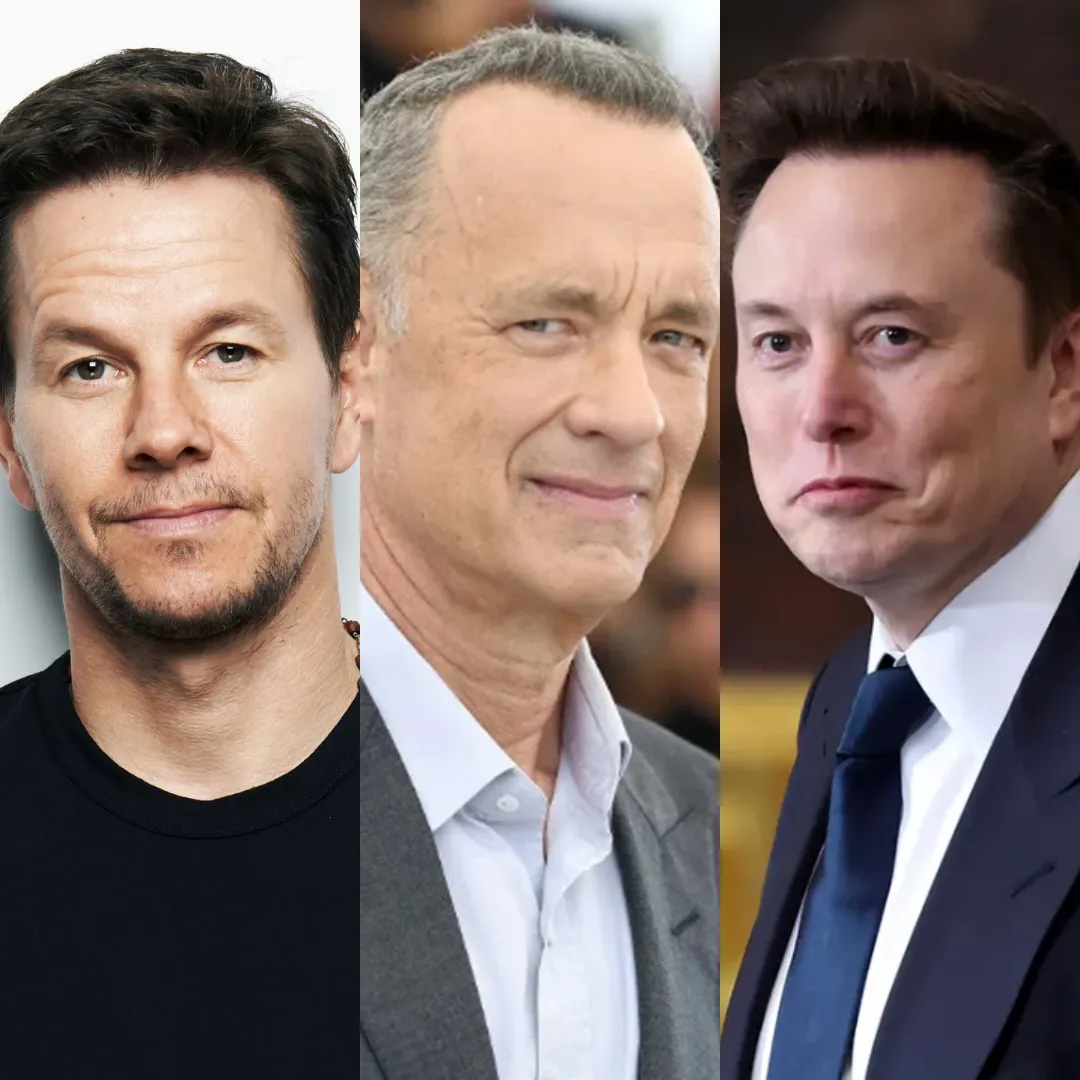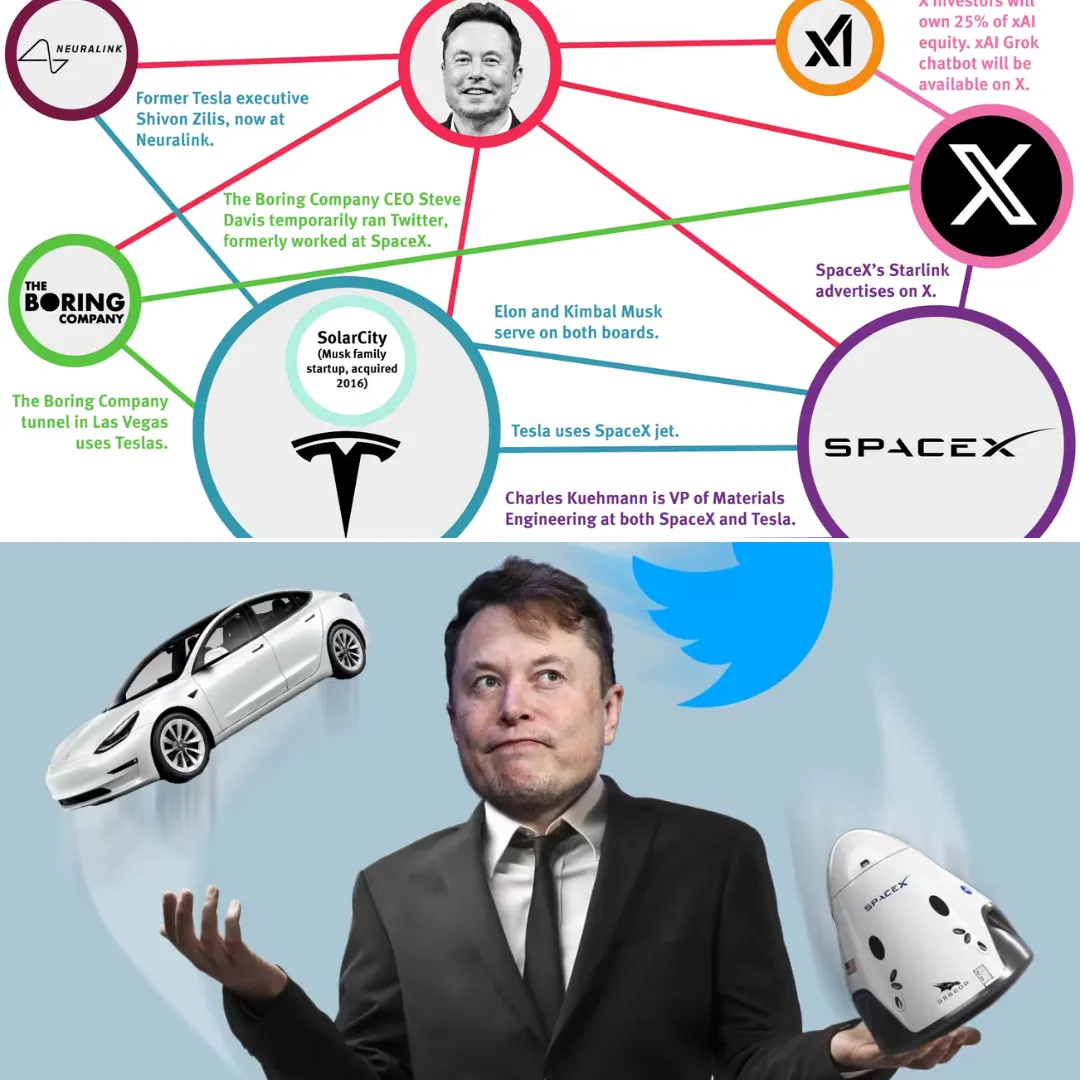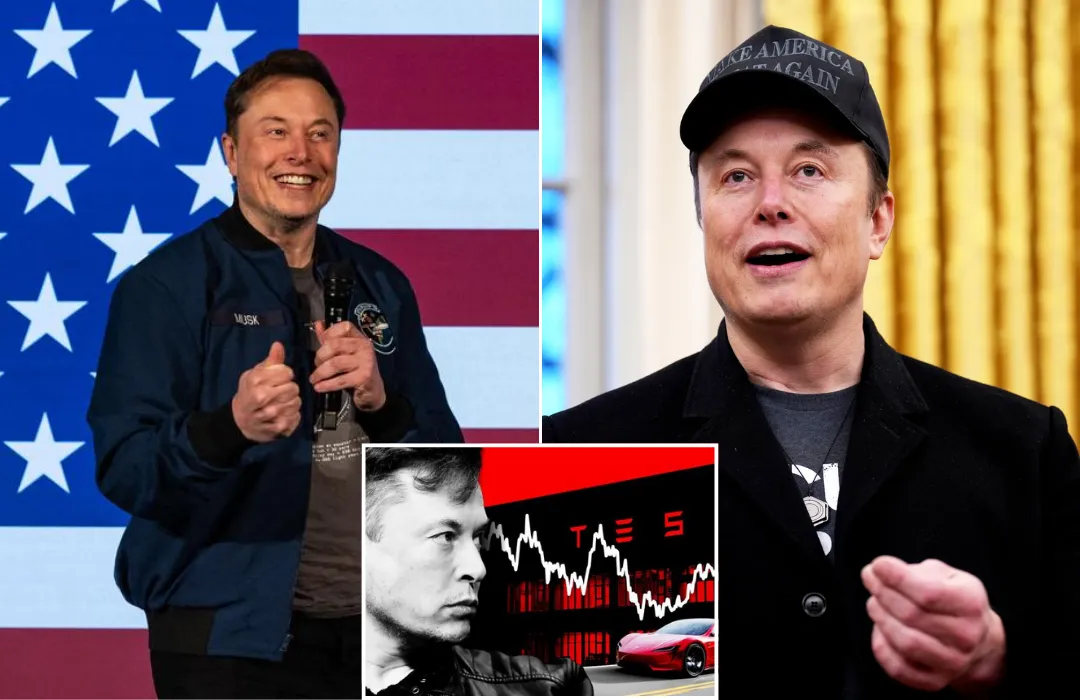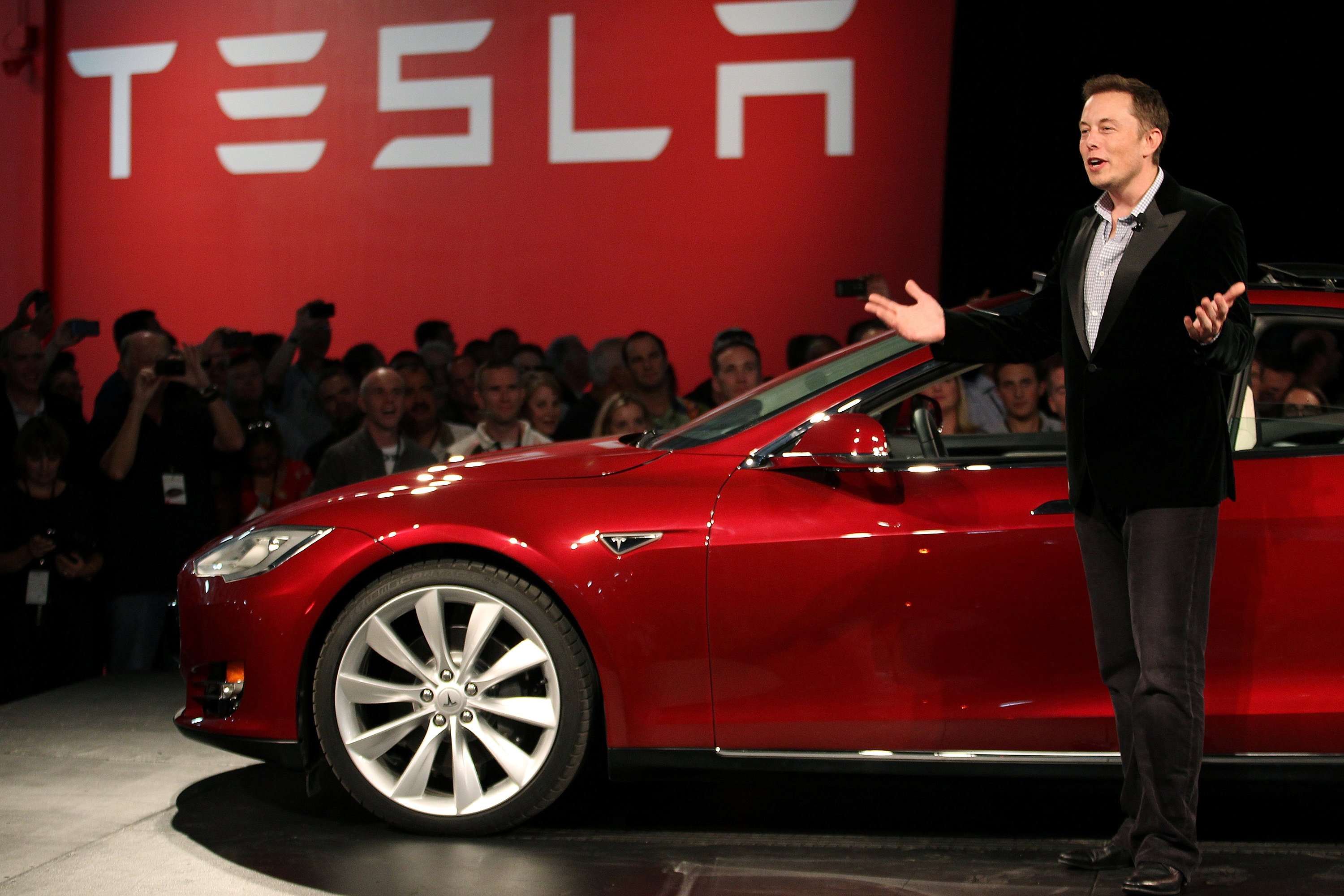
As Tesla struggles through one of its most turbulent financial periods in recent memory, the board of directors finds itself cornered by a paradox few companies ever face: the one person most central to the firm’s identity is also its greatest liability. Elon Musk, the visionary entrepreneur behind Tesla’s meteoric rise, is no longer just the face of the company. He is the company.
And as profits collapse, investor confidence wanes, and political distractions mount, a growing chorus is asking the once-unthinkable question: should Tesla replace Elon Musk as CEO? The problem, however, is not whether the company wants to. It’s whether it even can.
During the first quarter of 2025, Tesla’s sales plummeted to their lowest point in nearly three years, delivering just 336,681 vehicles globally compared to 386,810 during the same period in 2024. This drop coincided with a staggering 71% fall in net profits and a near 20% decline in revenue.
The stock market has not been forgiving. Since mid-December, Tesla’s market value has been sliced nearly in half, erasing over $350 billion in shareholder wealth. The once-impervious image of Tesla as the undisputed leader in the EV revolution is now buckling under the pressure of falling demand, fierce Chinese competition, and what some describe as a full-blown brand crisis.

Yet, as the house appears to burn, Elon Musk has been noticeably absent. Rather than focusing on Tesla’s mounting financial concerns, Musk has increasingly redirected his energy toward political endeavors, particularly his role as an advisor to the current Republican President of the United States.
This political entanglement, while strategic from a lobbying standpoint, has alienated Tesla’s historically left-leaning customer base and further complicated the already precarious balancing act of running a trillion-dollar enterprise. His absence has not gone unnoticed. On May 1, the Tesla board was forced to issue a public statement affirming its unwavering confidence in Musk. Chairman Robyn Denholm dismissed media reports that the board had considered replacing Musk and asserted that the CEO remained fully capable of executing the company’s ambitious growth plan.
But the board’s words cannot mask the reality that Tesla is facing a leadership dilemma of existential proportions. Musk’s grip on the company goes beyond his title. His identity, vision, and narrative have been infused into every aspect of Tesla’s DNA. For years, the company’s astronomical valuation has rested not on earnings or vehicle output but on the promise of a future shaped by Musk’s ambitions.
His pledges of self-driving cars, humanoid robots, and AI-powered taxis have kept investors dreaming even as delays and technological setbacks piled up. Analysts estimate that nearly 75% of Tesla’s market premium is tied not to present-day fundamentals but to Musk’s unfulfilled visions. This is where the conundrum sharpens. Any move to replace Musk would not only raise doubts about those futuristic ambitions but also risk triggering a catastrophic loss of market faith. For many retail investors and fans, buying Tesla stock is akin to buying Musk himself.
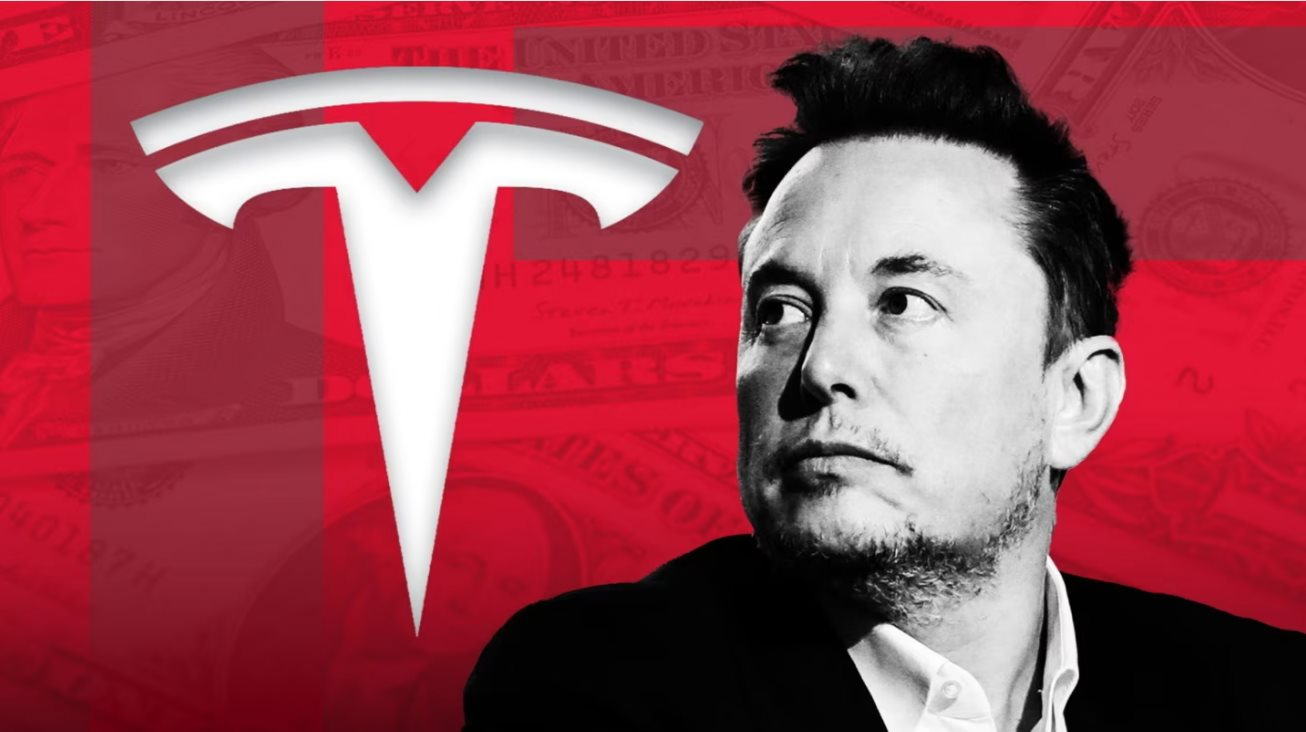
No other CEO in recent memory, perhaps outside of Steve Jobs, has enjoyed such a cult-like following. And unlike Jobs, who returned to Apple after a decade in exile, there is no heir apparent waiting in the wings at Tesla. The leadership bench has been hollowed out in recent years as Musk shifted his attention to other ventures including SpaceX, Neuralink, X (formerly Twitter), and his new federal initiative known as DOGE. Meanwhile, internally at Tesla, key executives have resigned or disengaged as Musk doubled down on autonomous technologies and scaled back focus on traditional vehicle manufacturing.
Despite the alarm bells, suggestions that Tesla might bring in a new CEO or even a Chief Operating Officer have been dismissed outright by Musk. According to sources within the company cited by Reuters, Tesla employees have repeatedly encouraged Musk to delegate day-to-day operations to a capable executive while maintaining his role as visionary figurehead. This is the model used at SpaceX, where Gwynne Shotwell effectively runs the company while Musk occupies the spotlight.
But in Tesla’s case, Musk has refused such arrangements, insisting on retaining full control. In a recent earnings call on April 22, Musk appeared defiant, claiming that Tesla was not on the brink of collapse and that he had returned to take the reins directly. His statement that Tesla had previously faced numerous crises and survived them was meant to reassure investors, but it did little to address the root of the problem: trust in the brand is eroding, and the leadership vacuum is growing.
Nowhere is this loss of confidence more evident than in Tesla’s European markets. In France, April sales dropped an alarming 59.4% compared to the same month last year, a free fall from 2,124 units to just 863, according to the French automotive industry association. The decline followed a 36% slump in March. Meanwhile, in Denmark, Tesla’s registrations plunged over 67% in April after a similar dip in March. In both countries, once-stable footholds have become red zones of market attrition.
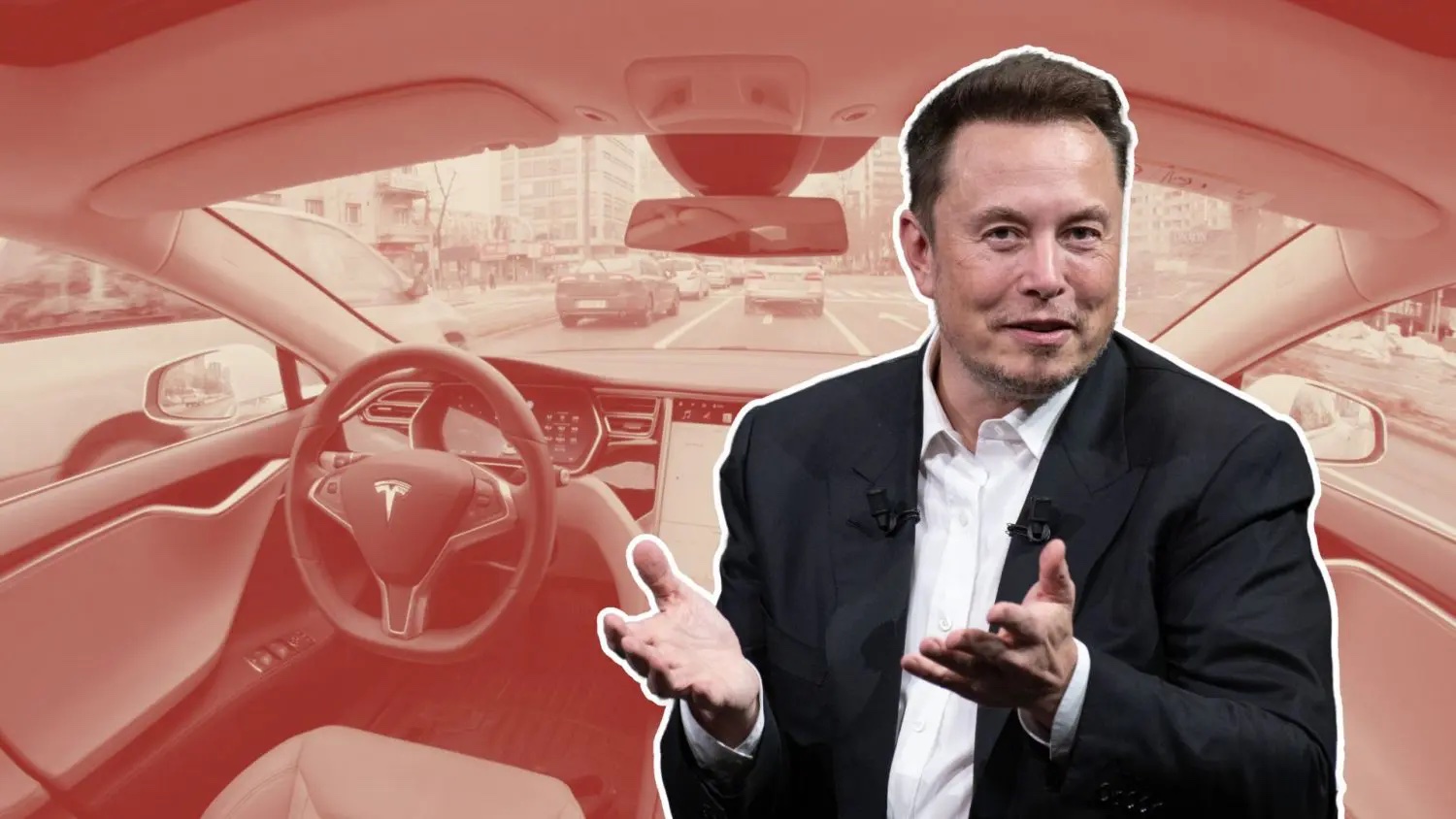
Analysts suggest this is not merely a cyclical downturn but a symptom of deeper structural issues, namely Tesla’s aging product lineup, growing competition, and Musk’s increasingly polarizing public persona. The political calculus is equally precarious. Musk’s alignment with Republican leadership may yield policy perks such as tax incentives or regulatory relaxation, but it is eroding brand loyalty among progressive consumers who once saw Tesla as a beacon of environmental activism and innovation.
For them, Tesla is no longer the rebellious startup challenging Big Oil. It is now led by a billionaire who spends more time tweeting about immigration and free speech than advancing EV infrastructure or climate initiatives. This has given an opening to competitors like Rivian and Lucid in the U.S., and more perilously, to BYD in China, which recently overtook Tesla in global EV sales.
Despite this bleak outlook, many institutional investors still cling to Musk’s genius. Brian Mulberry of Zacks Investment Management, which holds Tesla shares, argues that replacing Musk would be a catastrophic mistake. Not because others are not capable of running an EV company, but because no one else can manage the delicate alchemy of balancing brand mythology, financial performance, and high-stakes technological innovation.
Mulberry believes the role of CEO at Tesla requires someone who not only understands engineering and business strategy but also has the charisma and media savvy to wield influence like Musk. He rates the difficulty of replacing Musk as an 8 or 9 out of 10 and stresses that any successor must have a distinct identity to avoid being eclipsed by Musk’s lingering presence.
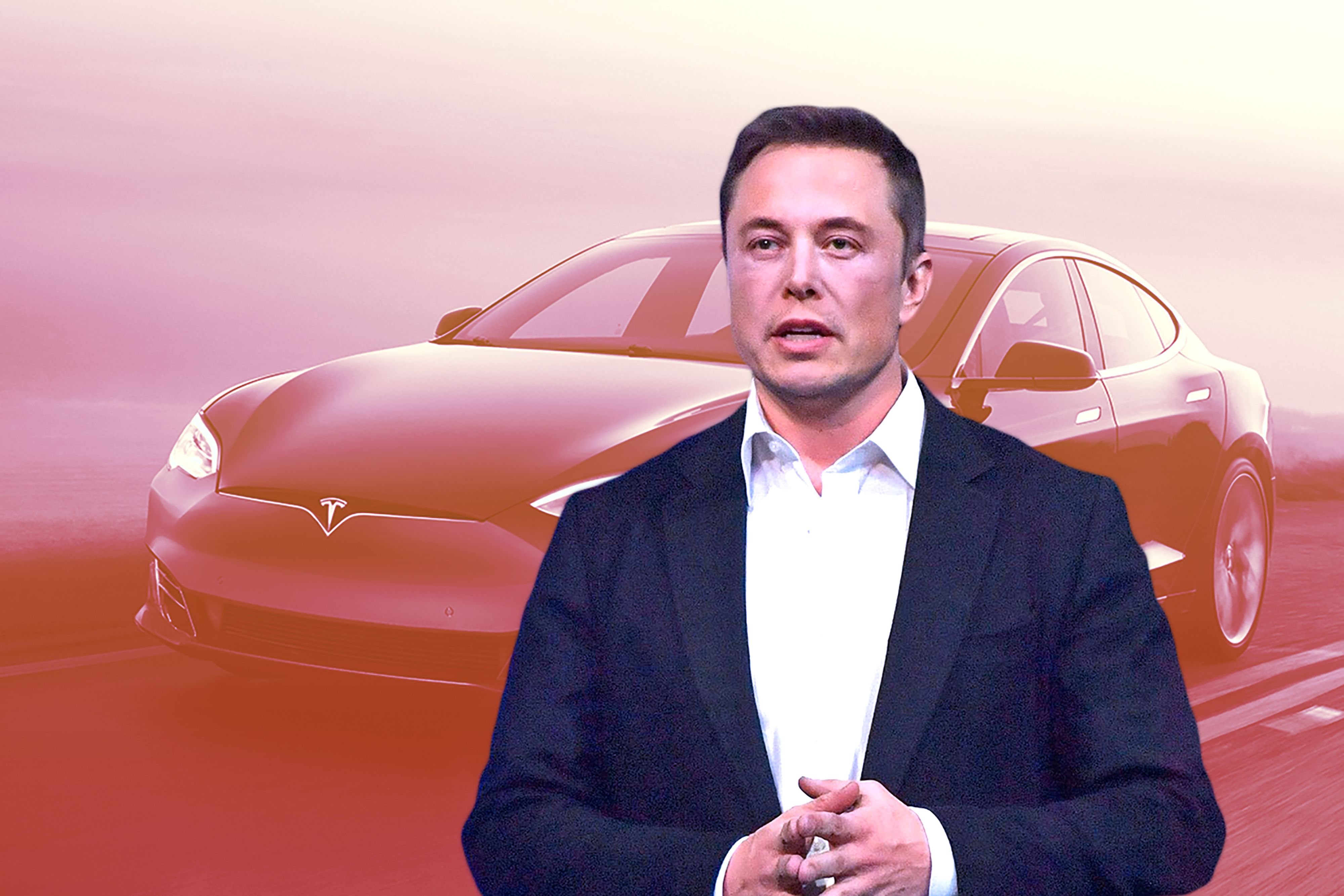
That lingering presence is precisely what complicates any transition. Musk is still Tesla’s largest shareholder, controlling 13% of the company. Even if he were to step down as CEO, his influence would remain pervasive. Any new executive would not only have to fill a near-impossible leadership void but also navigate the risk of public undermining by Musk should decisions deviate from his vision. The corporate governance nightmare that such a dynamic would unleash is difficult to overstate.
James McRitchie, a long-time individual shareholder, says Tesla’s stock is no longer about financials but about faith. Investors buy in not because they believe in spreadsheets but because they believe in Elon. He compares Musk to General Electric’s Jack Welch, who was so revered that his departure triggered a long slide for the company. McRitchie warns Tesla could face a similar fate if it ever tried to decouple from Musk. Without him, the dream dies, and with it, the valuation.
Despite these grim assessments, there are still some who argue that Tesla must prepare for life after Musk. The company cannot be built to last if it remains a one-man show. Even Mulberry concedes that Tesla already possesses world-class products and promising technologies. What it lacks is operational discipline and focus. A competent CEO could steer the company toward sustainable profitability without chasing every far-flung futuristic vision. The key, he says, is execution, not reinvention.
In the end, Tesla’s fate hinges not just on product innovation or competitive pricing, but on its ability to evolve past its founder without collapsing under the weight of his legacy. The board may continue to stand by Musk publicly, but behind closed doors, the clock is ticking. Markets are impatient, investors are restless, and customers are shifting allegiance. For now, Musk remains the irreplaceable architect of Tesla’s future. But the longer the company tethers itself to one man’s shadow, the darker that future may become.
